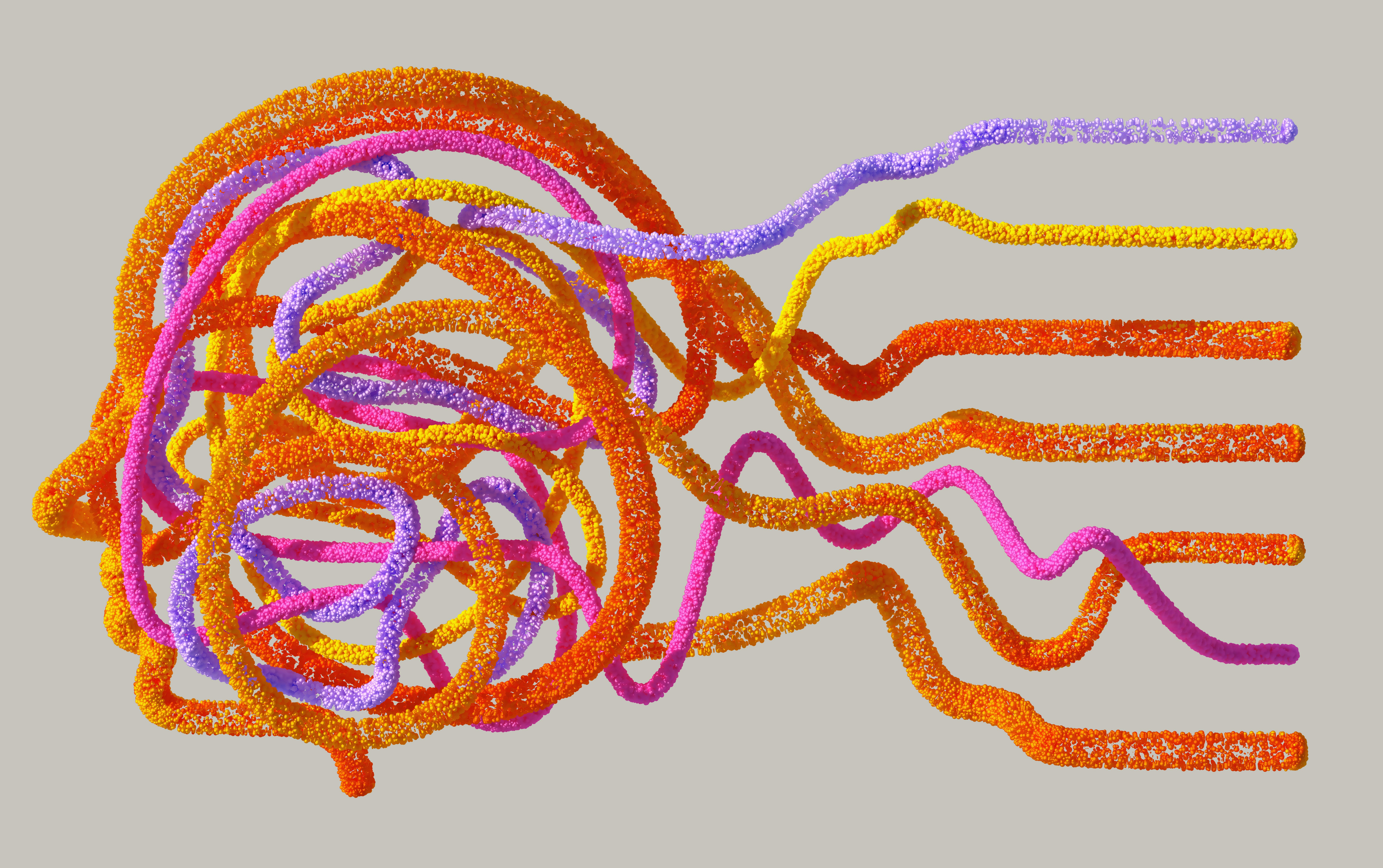Media release
From:
Health sciences: An AI tool to guide healthcare
A new artificial intelligence (AI) model that can predict how a person’s health might change over their lifetime is reported in Nature. This tool could help doctors and health planners to better understand and prepare for personalized medical needs.
Many people experience more than one illness during their lives, but predicting how different diseases affect each other, such as cardiovascular disease and cancer, has been challenging. Healthcare decisions increasingly depend on predicting how a person’s health will evolve over time, on the basis of their medical history. AI offers powerful tools for identifying patterns in disease progression by analysing large datasets of patient records. However, the full potential of these models, especially at population scales, remains largely unexplored.
Moritz Gerstung and colleagues created an AI model called Delphi-2M to spot patterns in when particular diseases occur relative to other events in patient records, such as lifestyle factors and other health conditions. The model was trained on health data from 400,000 people in the UK and was tested using data from nearly 2 million people in Denmark. The authors found that Delphi-2M predicted the likelihood of over 1,000 diseases on the basis of a person’s medical history with an accuracy similar to or better than existing tools that are largely focused on predicting far fewer diseases per tool. It was also able to simulate possible future health pathways for up to 20 years and generate synthetic data that protect privacy while still being useful for training other AI models.
This approach could potentially help to identify people at higher risk of illness, guide screening programmes and support long-term planning for healthcare services.
Future versions may include more types of health information and help improve personalized care. However, the authors note that the model reflects biases in the data it was trained on, and that its predictions should not be used to make direct medical decisions without further testing.



 International
International



